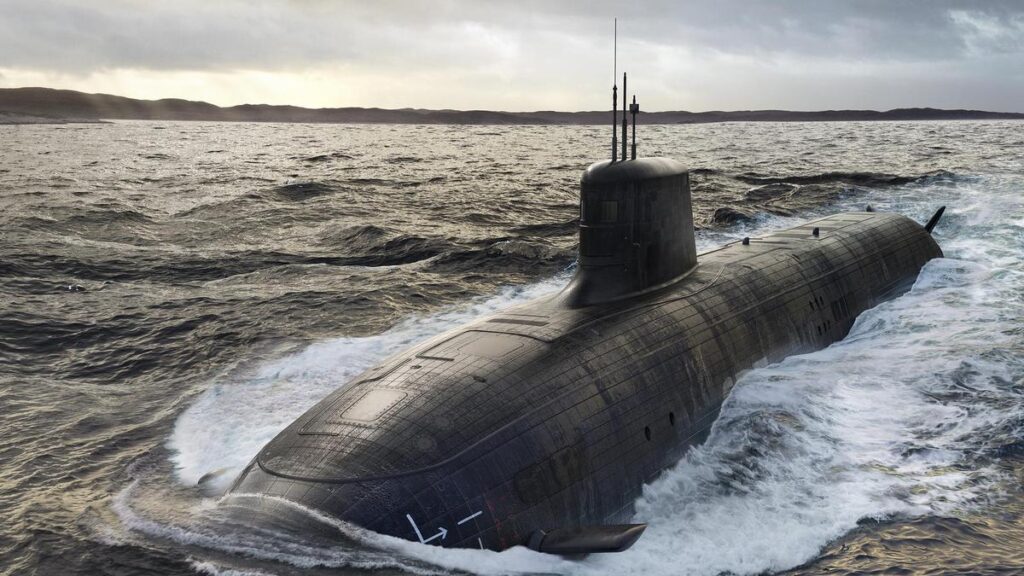
UPDATE: A former top US defense adviser is urgently calling for Australia to reaffirm its commitment to the AUKUS defense pact amid rising tensions with China. Abraham Denmark, who served during the Biden administration, highlights the need for a detailed plan regarding Australia’s fleet of nuclear-powered submarines in the event of a regional conflict.
In a joint paper for the Centre for Strategic and International Studies (CSIS), Denmark warns that any abandonment of AUKUS would significantly undermine US capabilities in the Indo-Pacific, saying, “Should AUKUS fail or be scrapped, the United States would become less capable in the Indo-Pacific.” He stressed that a thorough review of the pact is critical, especially as the Trump administration considers its stance on AUKUS, with some members expressing skepticism.
Denmark’s urgent message comes as Deputy Prime Minister and Defence Minister Richard Marles is in Washington to meet with US Defence Secretary Pete Hegseth. They are expected to discuss defense spending, with Hegseth previously demanding an increase to 3.5 percent of Australia’s GDP. However, the Albanese government has firmly resisted such requests, emphasizing the need for a balanced approach to national security.
The Trump administration’s review of AUKUS raises pressing questions about the United States’ ability to fulfill its commitments, particularly in light of its own defense needs. Denmark pointed out that the US is currently struggling to produce enough Virginia-class submarines to meet its demands, let alone provide the three promised submarines to Australia by the early 2030s.
“The US has to produce more submarines more quickly,” Denmark said, suggesting that Australia could assist by taking on a larger role in maintenance to ease pressure on American shipyards. This cooperation is crucial as tensions with China continue to escalate, particularly regarding Taiwan, where the Chinese military regularly simulates invasion scenarios.
Denmark highlighted a critical concern: the availability of American-made submarines during a potential conflict in the Indo-Pacific. He posed the question of whether Australia would be willing to deploy these submarines in defense of Taiwan or choose to remain neutral. The Albanese government has been cautious in addressing these hypotheticals, given the sensitivities surrounding sovereignty in Australian domestic politics.
To address these concerns, Denmark advocates for a robust contingency planning process that incorporates Australian submarines. This would allow both nations to strategize military operations collaboratively, ensuring that Australian submarines would be available if needed while respecting Canberra’s sovereignty.
As the situation develops, the implications of AUKUS remain significant not only for US and Australian defense strategies but also for regional stability in the Indo-Pacific. Denmark’s paper serves as a timely reminder of the stakes involved in maintaining a strong defense partnership with Australia.
As tension mounts, observers are closely watching how the Albanese government responds to the US’s call for clarity on its defense commitments. The outcomes of Marles’ discussions with Hegseth could pave the way for future defense collaborations and shape the strategic landscape of the region.
Stay tuned for updates as the defense dialogue between the US and Australia continues to unfold.






